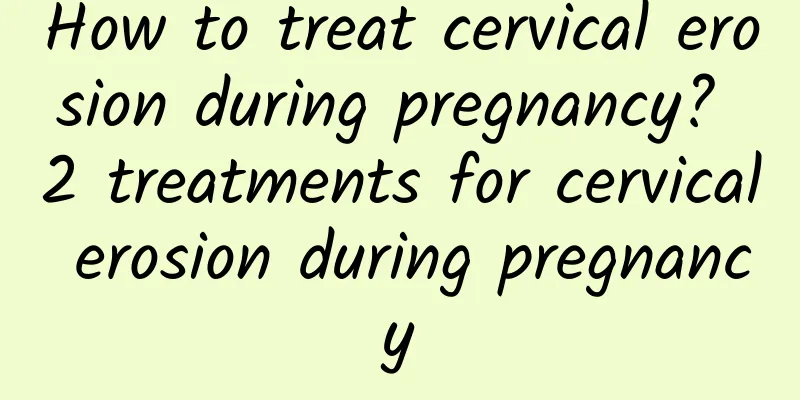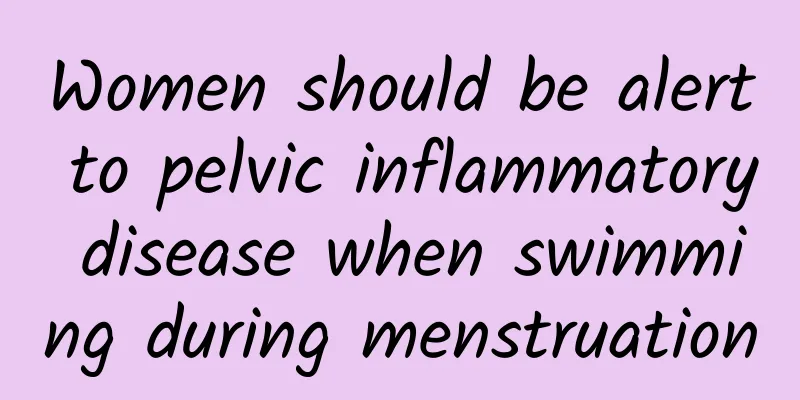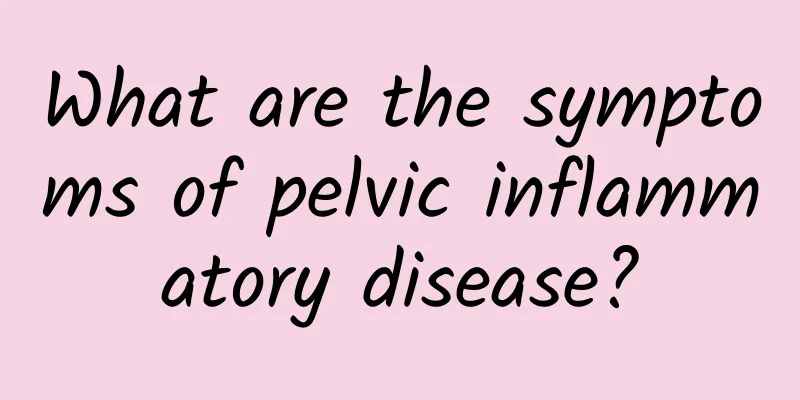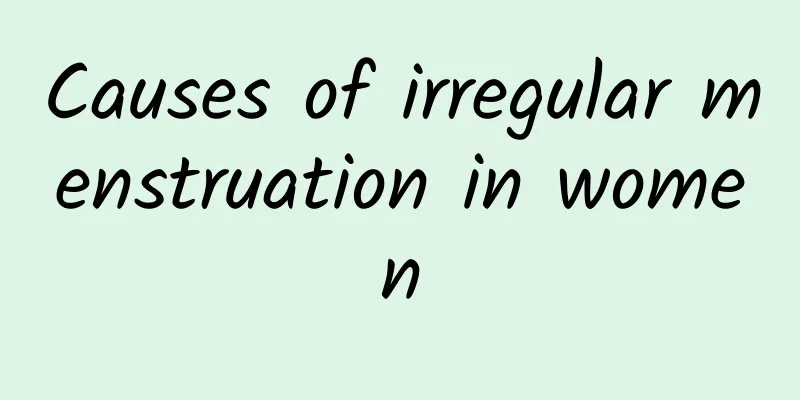How to treat uterine fibroids? How to prevent uterine fibroids?
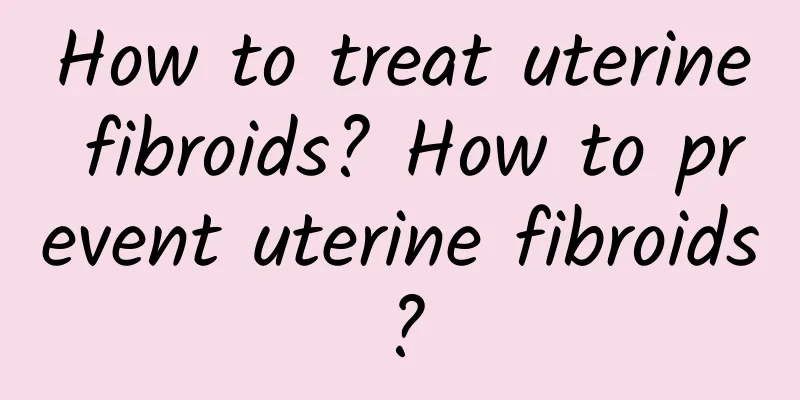
|
Uterine fibroids are benign tumors formed by the proliferation of uterine smooth muscle tissue. Common manifestations include uterine bleeding, pain, abdominal mass, compression symptoms of adjacent organs, increased leucorrhea, anemia and heart dysfunction. Some patients have no symptoms and often find uterine fibroids during gynecological examinations. Uterine fibroids are the most common benign gynecological tumors, and are more common in women aged 30-50 years. According to the different locations of uterine fibroids, they can be divided into intramural, subserosal, submucosal and intra-broad ligament fibroids. treat: If the fibroids are small, asymptomatic, without complications and degeneration, generally no treatment is needed. Especially for people approaching menopause, due to the low estrogen level after menopause, the fibroids will naturally shrink or disappear, and only regular (3-6 months) review is required. If the fibroids are found to be enlarged or the symptoms are obvious, further treatment should be considered. Surgical treatment: (i) Hysterectomy is suitable for uterus > 3 months pregnant uterus size, although the fibroids are not large, but the symptoms are obvious, or the growth of fibroids cannot be ruled out as malignant; (ii) Myoma removal: Suitable for patients under 35 years old, unmarried or childless; Drug treatment: used for patients with small fibroids, unclear symptoms, near menopause or whose systemic conditions cannot tolerate surgery. (a) methyltestosterone, testosterone propionate; (ii) Progesterone. ① For patients who need to have children; ② Any one of them is medroxyprogesterone acetate, megestrol acetate, norethisterone; ③ Luteinizing hormone-releasing hormone analogs. prevention: Patients with uterine fibroids should have regular checkups, such as ultrasound or gynecological examinations every 3 to 6 months. If older women experience rapid growth of fibroids in a short period of time or vaginal bleeding after menopause, they should be alert to sarcoma degeneration. People with heavy menstruation should actively correct anemia and prevent anemic heart disease and myocardial degeneration. |
<<: How to treat uterine fibroids in women? Precautions for women with uterine fibroids
>>: How to treat uterine fibroids in women? What are the precautions for uterine fibroids?
Recommend
Is hyperprolactinemia caused by pregnancy?
Many women are afraid of suffering from hyperprol...
Can amenorrhea be cured?
Can amenorrhea be cured? According to experts, al...
Abnormal brown vaginal discharge during late pregnancy
Brown vaginal discharge in late pregnancy may be ...
Eliminate the big belly! Rely on black bean weight loss method
Red beans, mung beans, and soybeans are all beans...
What is the reaction after moxibustion for pelvic inflammatory disease?
Moxibustion has the effects of warming the yang a...
How to treat thin endometrium and premature ovarian failure quickly
Treatments for thin endometrium and premature ova...
What is the best surgical method for cervical precancerous lesions?
With the gradual improvement of medical standards...
Is cervical erosion with cysts serious? Serious enough to require prompt treatment
Many female friends are probably familiar with ce...
Will cervical erosion cause vaginal bleeding in women? How to prevent cervical erosion and bleeding in women?
Cervical erosion is a health killer for women amo...
What should be paid attention to in postoperative care of pelvic effusion
How should you care for yourself if you suffer fr...
Can early cervical precancerous lesions kill people?
In our lives, we often ignore our own health prob...
Complications of painless abortion
Complications of painless abortion: Painless abor...
Patients with uterine fibroids should be cautious during surgery
Among various gynecological diseases, uterine fib...
Irregular uterine bleeding is a common symptom of menstrual irregularity
If women do not pay attention to the symptoms of ...
What are the factors causing nonspecific vaginitis?
What are the predisposing factors for nonspecific...
